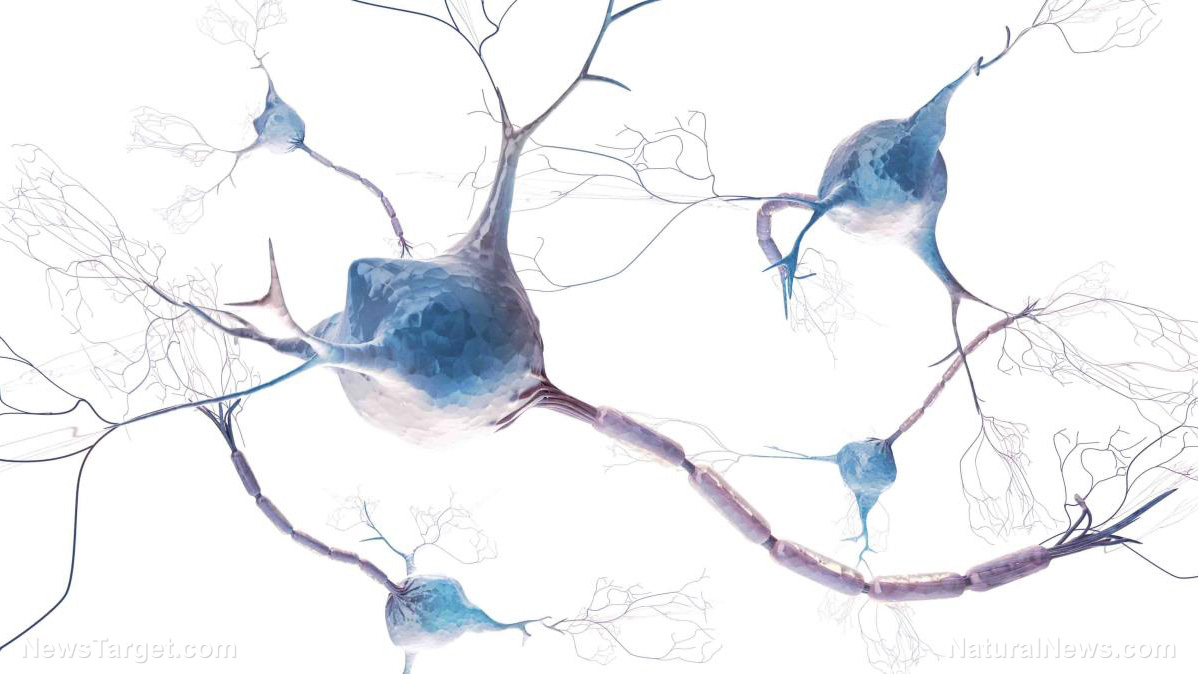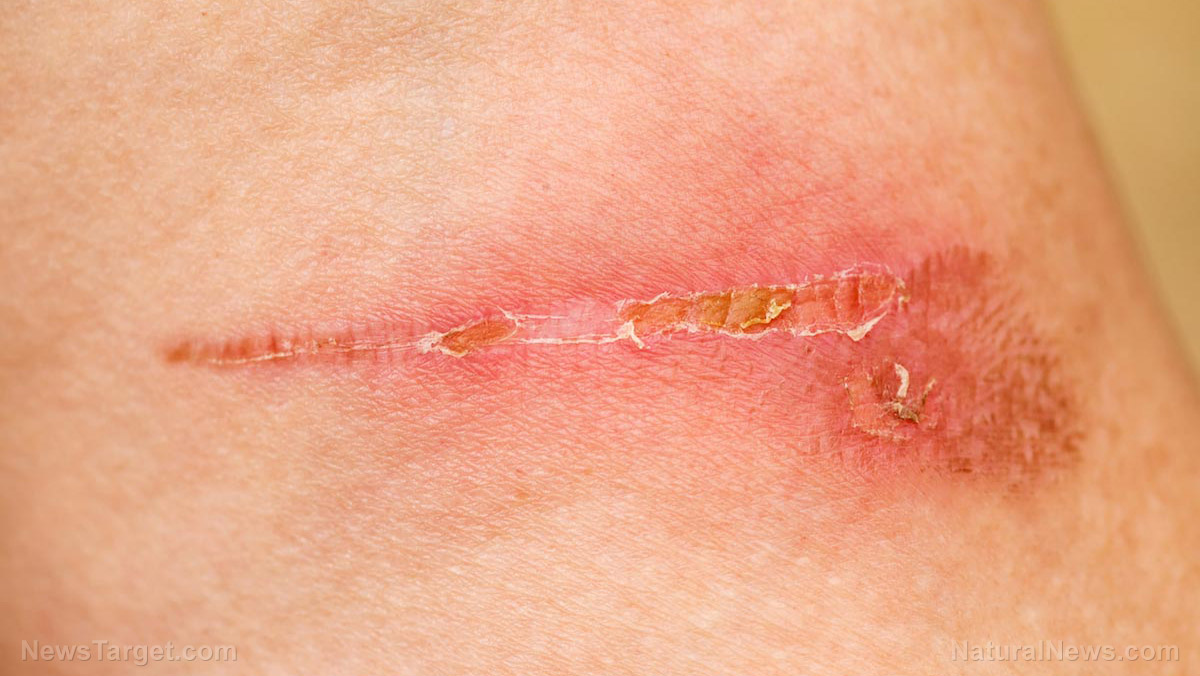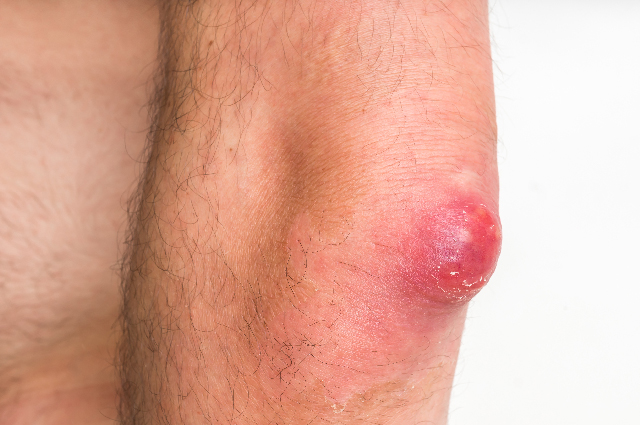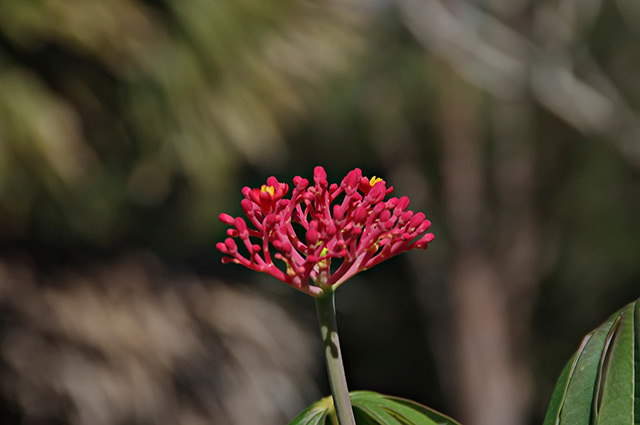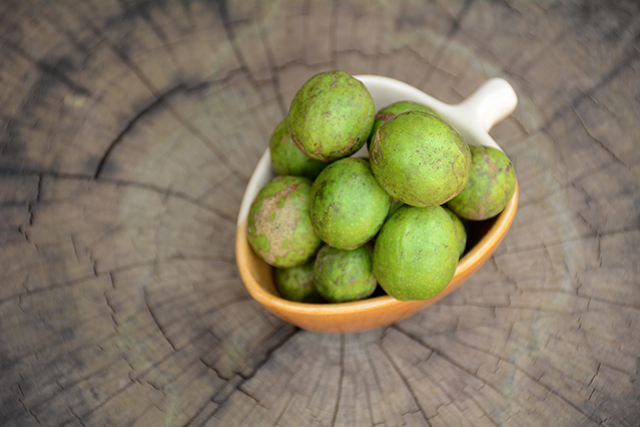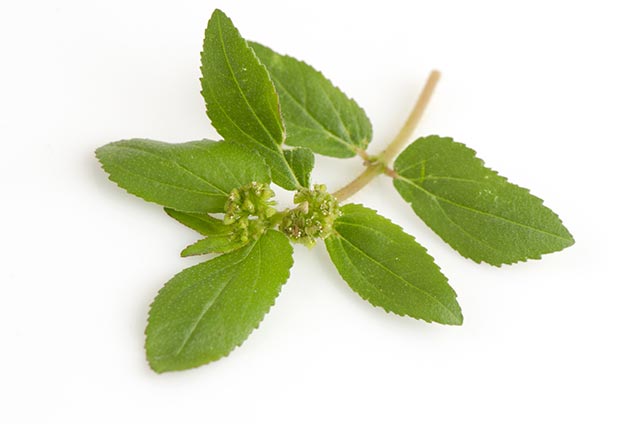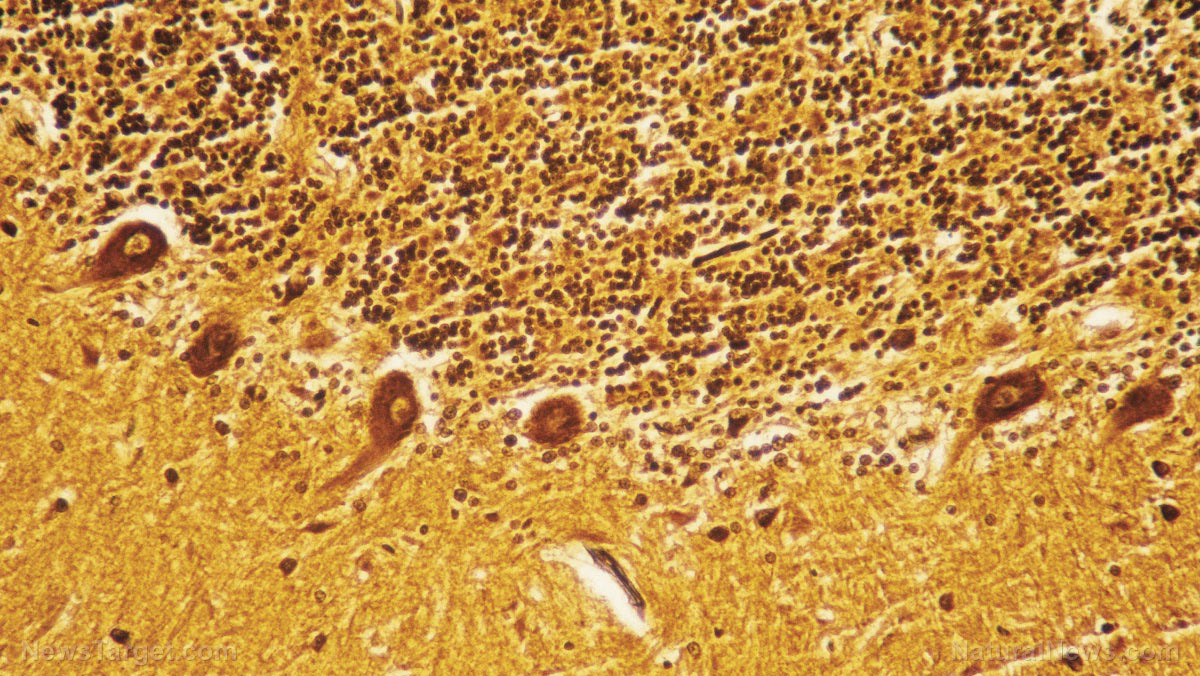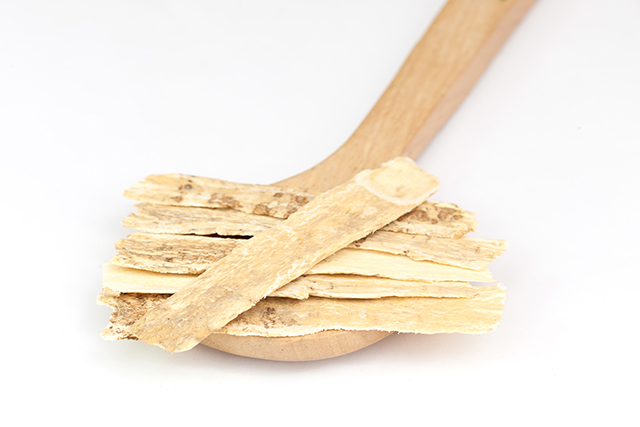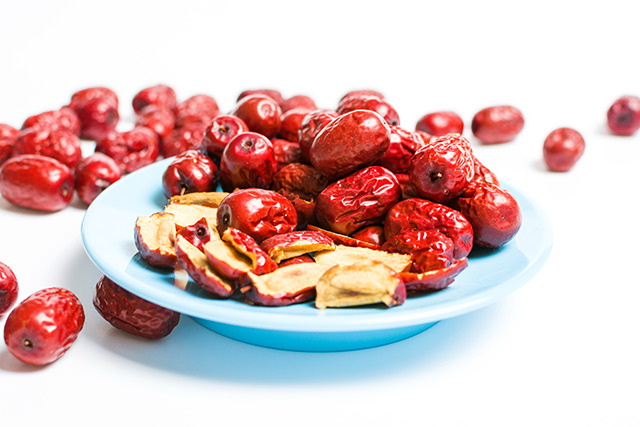5 foods and spices to keep your immune system strong when fighting cancer
07/25/2017 / By Rhonda Johansson

Good nutrition not only prevents certain diseases, it can be used to fight them off as well. With the American Cancer Society expecting around 1,688,780 new cases of cancer to be diagnosed this year (and around 600,920 of them dying from the disease), it may prove useful to know specific ways to combat the disease. The easiest, and perhaps most delicious, way to do so is to eat these five common food items.
- Curcumin – A number of studies have concluded that curcumin is effective in inducing cell death among cancer cells while maintaining the structure of healthy cells. Curcumin contains various antioxidant properties that reduce inflammation found in the body, which, along with preventing cancer, improves the immune system. Scientists have also observed that mice who regularly took curcumin were less likely to develop stomach, colon, or skin cancers. Curcumin is the main compound of turmeric. It is typically sold as ground powder or as a supplement.
- Microgreens – These food items are not cheap; but health experts say that ounce-for-ounce, these edible seedlings are a better option than their mature counterparts. This is because they are loaded with nutrients that keep illnesses at bay — containing up to 40 times higher levels of cancer-fighting nutrients than their adult siblings. They are best eaten raw and can be added to various dishes such as soups and salads. Some of the tastier microgreens include red cabbage, mustard, kale, rapini, and broccoli. Microgreens support detoxification by being a great source of nutrients and fiber. This helps alleviate constipation among cancer patients. Microgreens can also be easily blended into a juice or shake.
- Moringa – Cancer patients often complain of a low appetite. Furthermore, whatever they can eat, they end up regurgitating. It is not unusual for cancer patients to suffer from malnutrition, which exacerbates the condition and worsens recovery. Moringa can be an ideal option. The vegetable is filled with essential nutrients and antioxidants and is easily tolerated by most people. The leaves of moringa can even boost the immune system and balance the loss of nutrients caused by chemotherapy.
- Coconut oil – Those who live on tropical islands refer to the coconut as the “queen of all plants.” The uses of the fruit are nearly endless, but cancer patients should take note of the coconut’s healing properties, especially when it is extracted as an oil. Coconut oil has antioxidant and antimicrobial properties that offer protection against viruses, bacteria, and infection. Patients may also use the oil as a wet milled or gentle cold press for an added therapeutic effect.
- Seeds – Consider upping your intake of all kinds of seeds (watermelon, sunflower, pumpkin, flax, chia, sesame, etc.) if you have cancer. Every seed variety contains decent amounts of zinc, magnesium, B-vitamins, and other antioxidants that protect DNA and fight the effects of free radicals. Seeds also fight off fatigue, consequently improving energy levels among cancer patients. Take note that each seed variety requires its own preparation method. Make sure that you read on how to properly source, clean, and eat each seed before eating or serving to a cancer patient. (Related: Pumpkin seeds shown to kill cancer cells, fight diabetes.)
Despite advancing medical technologies, cancer rates globally have increased. These numbers are only expected to increase due, in large part, to a more sedentary lifestyle and poor eating habits. Nevertheless, these are factors that are entirely within our control. The steps to transition to a healthier lifestyle can be small, but done gradually and consistently, will manifest in a longer and more fulfilled life.
Learn more about food that fight for your health at Naturalpedia.com.
Sources include:
Tagged Under: cancer, cancer fighting foods, coconut oil, curcumin, flaxseeds, kale, microgreens, moringa, pumpkin seeds, Red Cabbage, spinach, sunflower seeds, turmeric



